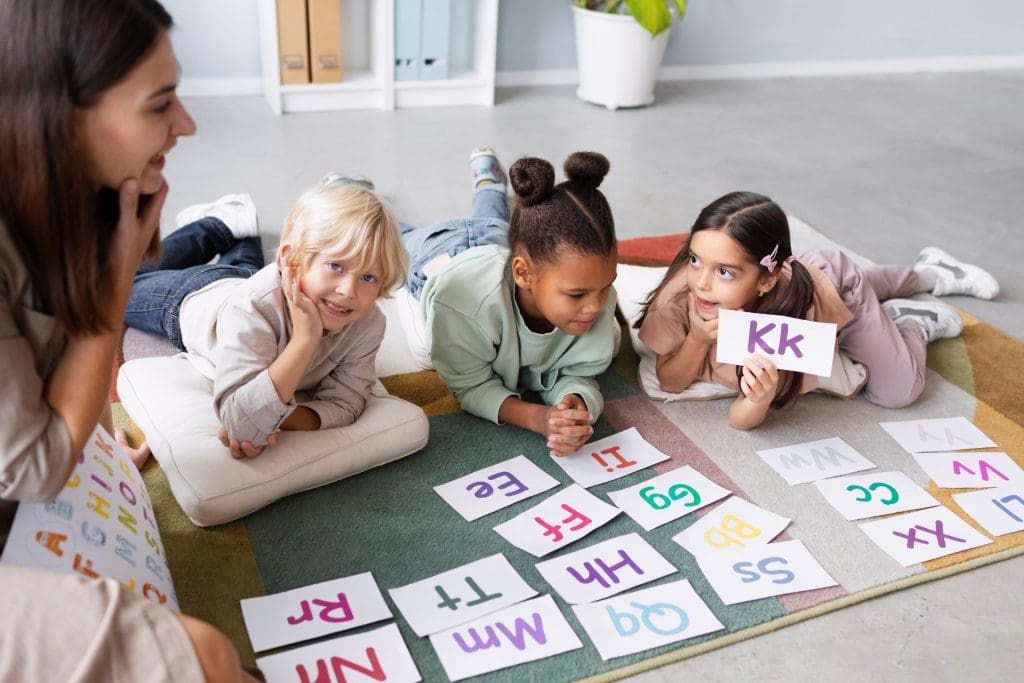Ms. Nimisha Kaushik
Career Counselor – J. H. Tarapore School, Jamshedpur

Social-emotional learning (SEL) is a process of acquiring knowledge, skills, and attitudes to understand and manage emotions, set and achieve goals, establish and maintain positive relationships, and make responsible decisions. It is an essential component of education as it equips students with skills that are necessary for their success in school and beyond.
In today’s world, where social and emotional skills are becoming more crucial, SEL plays a critical role in shaping a student’s future. Students who develop social-emotional skills can manage stress and anxiety, build stronger relationships with peers and teachers, and have a positive outlook on life. Therefore, schools must prioritize SEL to help students develop these critical skills.
Schools play a significant role in developing social and emotional learning as they are responsible for providing an environment where students can learn, grow, and develop into responsible and confident individuals. Schools must provide a supportive and nurturing environment that encourages students to explore and develop their social and emotional skills. This can be achieved by promoting positive relationships among students, teachers, and parents.
Furthermore, schools must educate students on how to control their emotions. Students who regulate their emotions can manage their behavior better, communicate more effectively, and build stronger relationships with others. Therefore, schools should provide opportunities for students to develop these skills. For instance, they can provide mindfulness, deep breathing and meditation classes that can help students learn how to control their emotions and reduce stress. With positive self-talk, they can develop effective strategies for managing their emotions.
Teachers play a crucial role in educating students on teaching them how to control their emotions. They can help students understand their emotions and teach them how to manage them effectively. Teachers can create a safe and inclusive learning environment that encourages students to express their emotions and learn how to manage them. By teaching students how to communicate effectively, express empathy, and build social skills, they can develop positive relationships with their peers and teachers.
SEL can help students adjust to new routines and procedures. By teaching students the importance of following rules, respecting others, and being responsible, they can learn how to adapt to new situations. SEL provides students with tools to manage their emotions, build positive relationships, and develop empathy and compassion. Students who develop social and emotional skills can manage stress, build stronger relationships, and make responsible decisions. Moreover, social-emotional learning can help students navigate the challenges such as globalization, digitalization, and climate change.
In conclusion, social-emotional learning is a critical component of education. Schools must prioritize SEL to help students develop these essential skills. The outbreak of COVID-19 has made it more challenging to develop social and emotional skills, but schools must take appropriate measures to ensure that students continue to develop these skills. The responsibility of schools in developing social and emotional learning is enormous, and they must create a supportive and nurturing environment that encourages students to explore and develop their social and emotional skills. Teachers play a crucial role in educating students on controlling their emotions. They must create a safe and inclusive learning environment that encourages students to express their emotions and learn how to manage them. Finally, social and emotional learning is more critical than ever in today’s world, and students who develop social and emotional skills can navigate the challenges of the 21st century.


